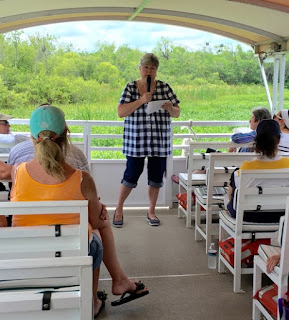“Literature is the history of the soul of an age.”
“Tell me a story.” What child hasn’t said that and what parent hasn’t heard it? We all love stories. It seems to be part of our nature. Every culture has a pattern of stories, beginning with cave pictures that tell stories of successful hunts.
Stories help us make sense of the world and remember our past. A college professor of mine once said, “Literature is the history of the soul of an age.” That sentence stayed with me because I think it’s true. We can read history books, but to really feel what life was like, we need a story.
That’s why I’m a little concerned about the increasing emphasis on STEM studies (science, technology, engineering, mathematics) to the neglect of literature and the arts. Even Common Core Standards focus more on non-fiction. Don’t get me wrong. I know how important science and technology are. And I believe young people need to learn how to read and examine information critically, especially when so much out there is unfiltered.
But let’s not forget stories. “Tell me a story,” a child says, and Grandma begins, “A long time ago when I was your age . . .” She tells the story of her journey to America, and family history is passed down.
“Tell me a story,” and Mom weaves a fantasy of fairies that dance in the moonlight. A child’s eyes light up as she looks into the garden.
We can read about the Civil War, but we learn what it was to live through it with Gone With the Wind. We read about World War II and the Holocaust, but we feel it when we read Sarah’s Key, The Winds of War, Anne Frank’s Diary, Sophie’s Choice, The Guernsey Literary and Potato Peel Pie Society, Land Girls, Hotel on the Corner of Bitter and Sweet, and so many more. We learn about prejudice and hatred, but it hits home through To Kill a Mockingbird and The Help.
And it’s not just historical stories. Think of the pleasure we get out of reading fantasy, mysteries, spy thrillers, romance, horror, and realistic fiction. Each of those books also teach us something about ourselves and our world––that we are not alone in our feelings, that people can overcome hardships, that what is right for one person may not be right for another.
Children especially need stories, from picture books to novels. I’m sure it’s comforting for middle-schoolers to read The Diary of a Wimpy Kid and see that they're not alone in their insecurities. The Harry Potter books show the power young people can have as Harry and his friends fight the evil Voldemart. Other books show how young people have overcome abuse, illness, tragedy, loss, and other terrible things. The message is, it can be done.
So yes, let’s make sure young people learn science and the skills they need to succeed, but let’s not forget that they need stories, too.
How important have stories and literature been in your life?


